The Benefits of Installing an Exhaust Fan in Your Kitchen
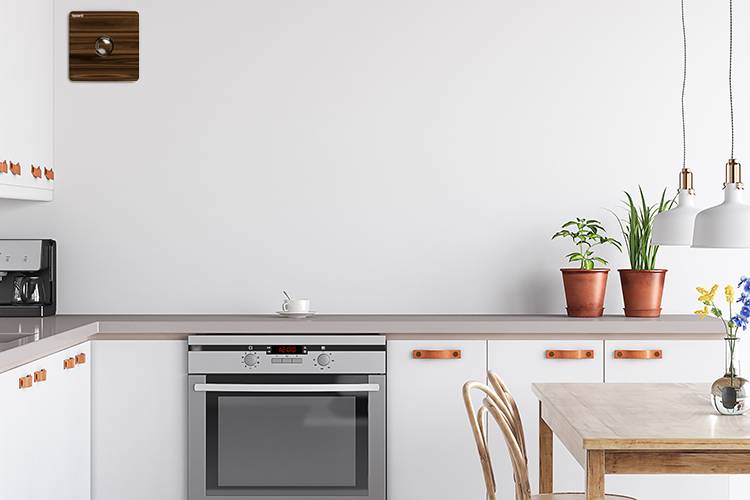
The kitchen – the heart of the home, a place for culinary creations and happy memories. But let's face it, it can also become a battleground against heat, smoke, and lingering odors. This is where a trusty exhaust fan for kitchen comes in as your silent hero.
Sure, you might think opening a window does the trick. But an exhaust fan offers a much more effective and targeted solution. Here's why installing a kitchen exhaust fan is a wise decision:
Bye-Bye Smoke and Odors
Seared steaks, sizzling stir-fries – delicious, yes, but they can leave your kitchen smelling like a restaurant long after the meal is over. A good exhaust fan quickly removes cooking smoke and airborne odors, keeping your kitchen smelling fresh and inviting.
Improved Air Quality
Cooking releases not just smoke and odors, but also airborne pollutants and grease particles. These can irritate your lungs and make breathing uncomfortable, especially for those with respiratory sensitivities. An exhaust fan acts as a ventilation system, removing these pollutants and improving the overall air quality in your kitchen.
Reduced Moisture and Mold Growth
The steam from boiling pots and bubbling sauces creates a lot of moisture in the air. This can lead to condensation on walls and cabinets, creating the perfect breeding ground for mold and mildew. A well-functioning exhaust fan helps eliminate excess moisture, preventing mold growth and protecting your kitchen surfaces.
A Cooler Kitchen Experience
Cooking generates a lot of heat, especially when using your oven or stovetop. An exhaust fan helps to draw out hot air and steam, keeping your kitchen cooler and more comfortable while you cook. Imagine whipping up a summer meal without feeling like you're in a sauna – that's the magic of a good exhaust fan!
Energy Efficiency (Sort of)
While an exhaust fan itself doesn't directly reduce energy consumption, it can indirectly help you save on your electricity bill. By removing excess heat and moisture, your air conditioning system won't have to work as hard to maintain a comfortable temperature in your kitchen. This translates to a slight decrease in your energy usage.
Choosing the Right Kitchen Exhaust Fan
Now that you're convinced about the benefits, it's time to choose the right kitchen exhaust fan for your needs. Here are some factors to consider:
- Size: Choose a fan with enough power to handle the size of your kitchen. We offer a variety of kitchen fans with different capacities to match your space.
- Noise Level: Some fans can be quite noisy. Consider your noise tolerance and choose a model with a sound level that won't disrupt mealtimes or conversations.
- Ventilation Location: Think about where you want to vent the air – outside your home or through an existing duct system.
- Filtration: Some exhaust fans have built-in filters to capture grease particles. This can be helpful for further improving air quality and reducing cleaning needs.
Investing in a Brighter Kitchen Future
An exhaust fan is a small investment with big benefits. It not only improves the air quality and comfort in your kitchen but also extends the life of your cabinets and appliances by preventing moisture damage. We offer a wide range of ventilator fans to suit your needs and budget.
So, ditch the lingering smells and embrace a breath of fresh air. Install a kitchen exhaust fan and transform your kitchen into a truly enjoyable space for culinary adventures! For more insights on choosing the right kitchen fan, check out this comprehensive guide from Hindustan Times on the Best Kitchen Exhaust Fans to Reduce Accumulation of Grease and Moisture.
Frequently Asked Questions (FAQs) :
-
What are the primary benefits of installing a kitchen exhaust fan?
A kitchen exhaust fan helps remove smoke, odors, and airborne pollutants, improving air quality. It also reduces moisture that can lead to mold and mildew, keeps your kitchen cooler by removing excess heat, and indirectly contributes to energy efficiency by lessening the load on your air conditioning system.
-
How do I choose the right size kitchen exhaust fan for my kitchen?
To choose the right size, consider the size of your kitchen and the cooking volume. A general rule of thumb is to choose a fan with a capacity that can exchange the air in your kitchen at least 10 times per hour. Manufacturers often provide sizing guidelines based on the kitchen's square footage and cooking needs.
-
Are kitchen exhaust fans noisy?
Noise levels can vary depending on the model and design of the fan. When choosing an exhaust fan, check the specifications for noise levels (measured in sones). Look for models labeled as “quiet” or with low sone ratings if noise is a concern for you.
-
What are the differences between vented and non-vented (ductless) exhaust fans?
Vented (ducted) exhaust fans expel air outside through a duct system, while non-vented (ductless) fans filter air through a charcoal or HEPA filter and recirculate it back into the kitchen. Vented fans are more effective at removing odors and pollutants, while ductless fans are easier to install but may require more frequent filter replacements.
-
How often should I clean or replace the filters in my kitchen exhaust fan?
The frequency of cleaning or replacing filters depends on your cooking habits and the type of filter. Generally, metal filters should be cleaned every 1-2 months, while charcoal filters in ductless fans should be replaced every 6-12 months. Check the manufacturer’s recommendations for specific maintenance guidelines.
-
Can a kitchen exhaust fan help with energy efficiency in my home?
While the fan itself doesn’t directly reduce energy consumption, it can help indirectly. By removing excess heat and moisture, it can reduce the workload on your air conditioning system, potentially lowering your electricity bill. This benefit depends on the overall efficiency of your home's cooling system and how effectively the fan reduces indoor heat and humidity.

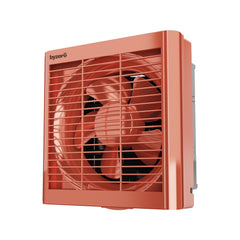
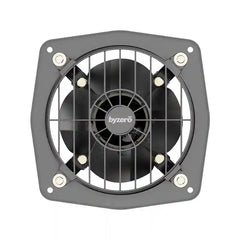
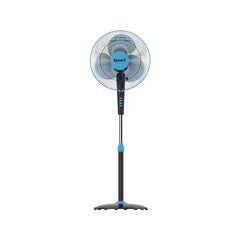
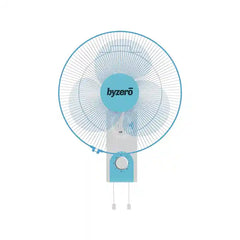
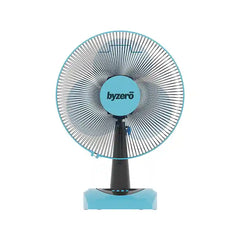
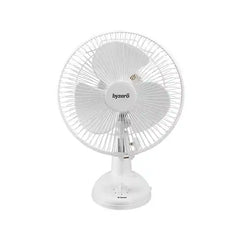



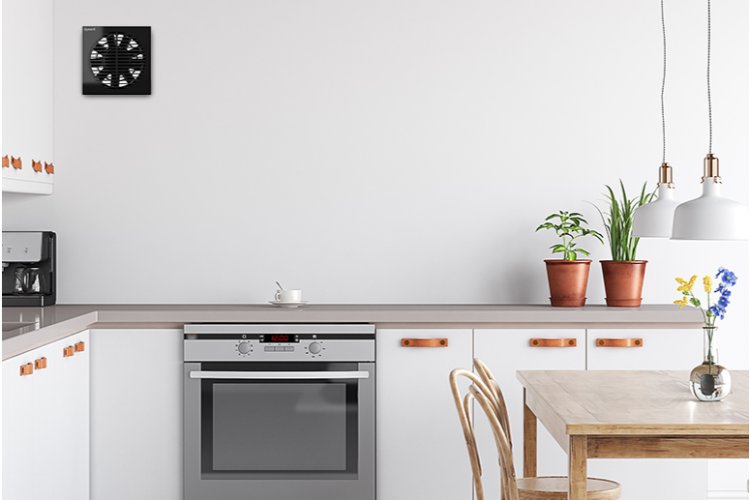
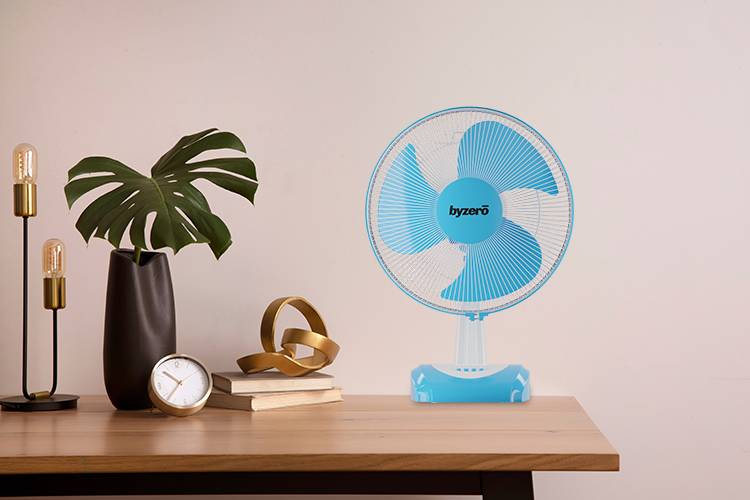
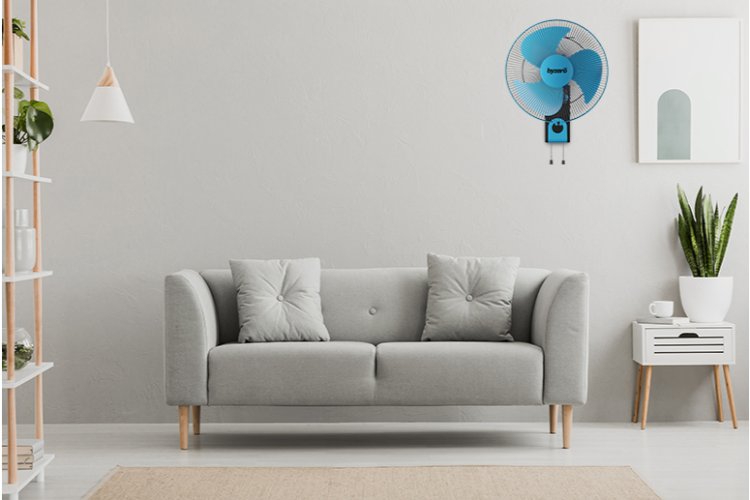
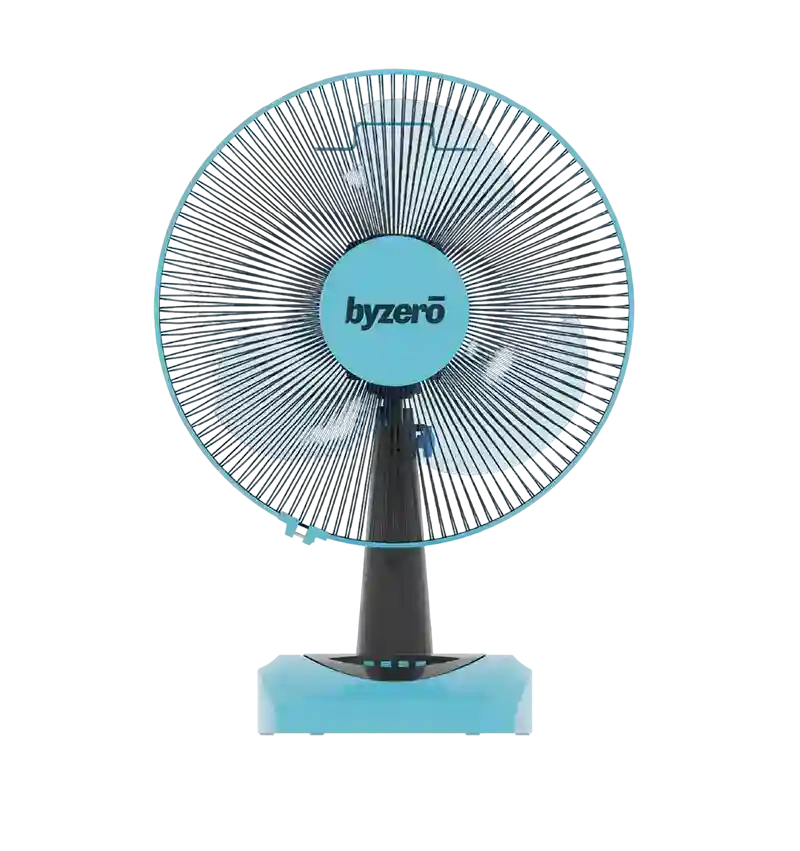
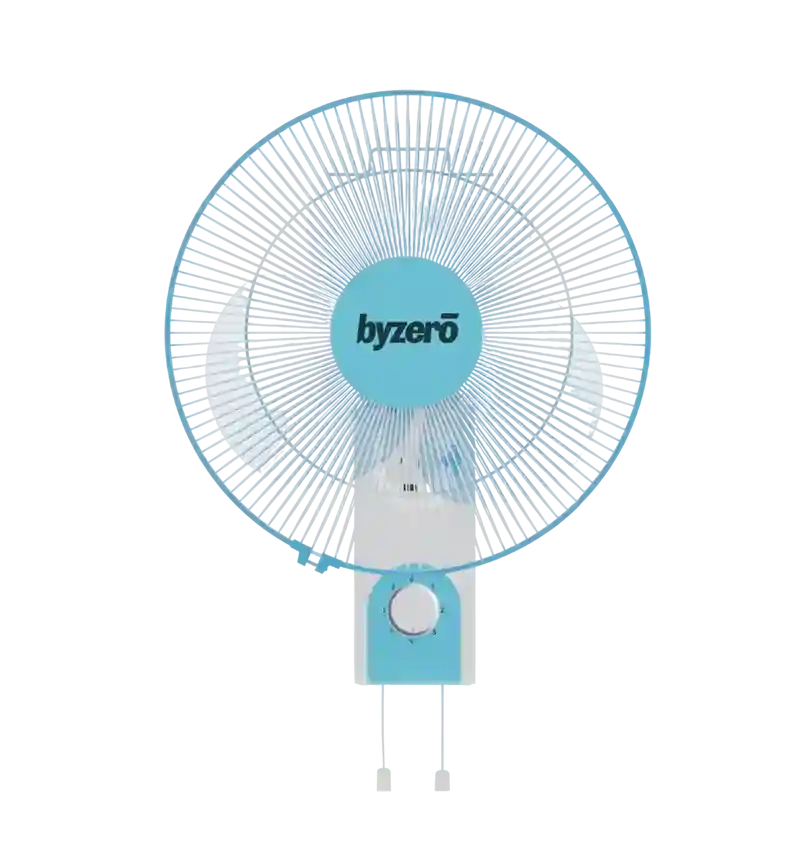
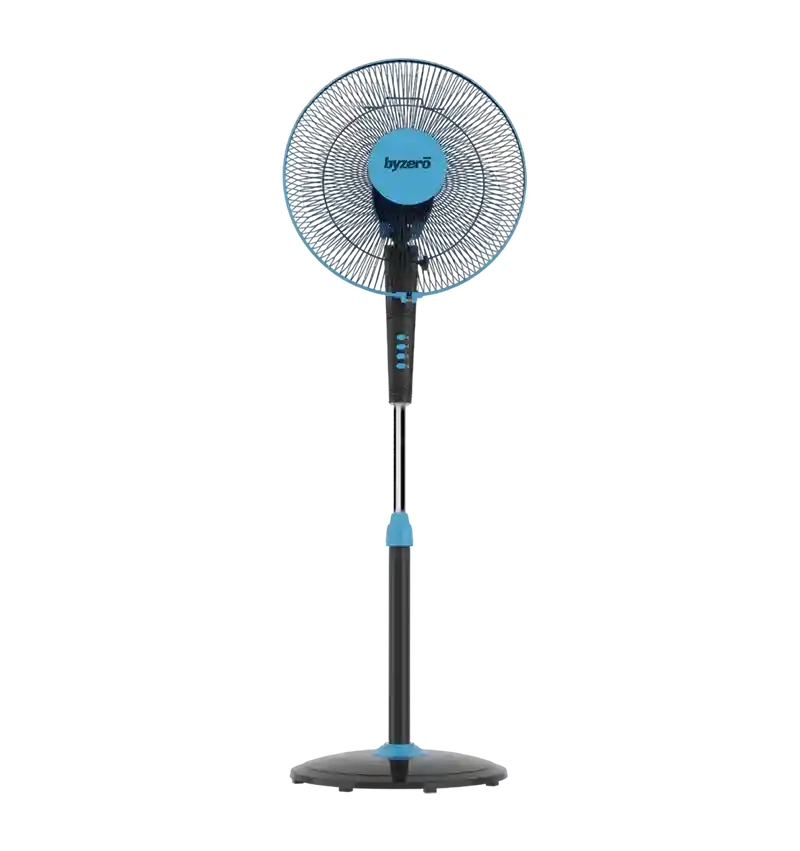
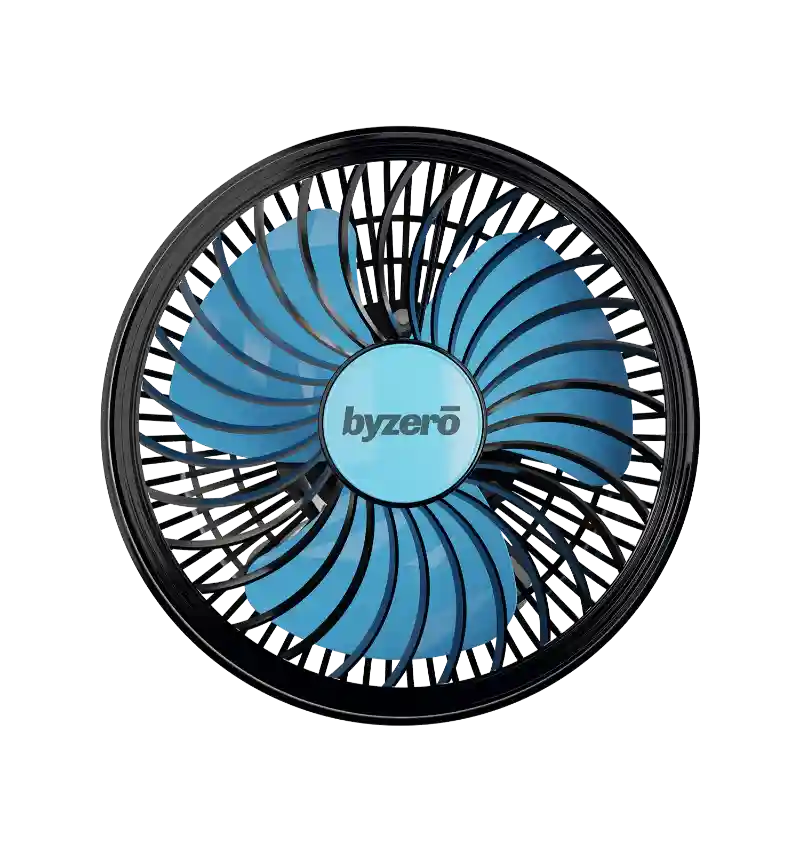
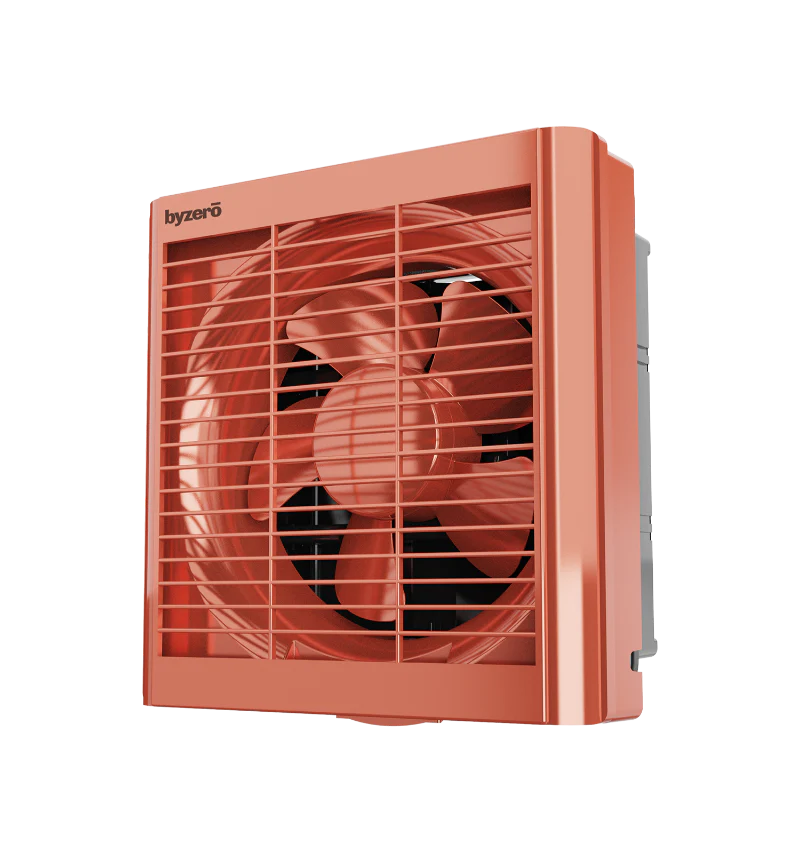



Leave a comment